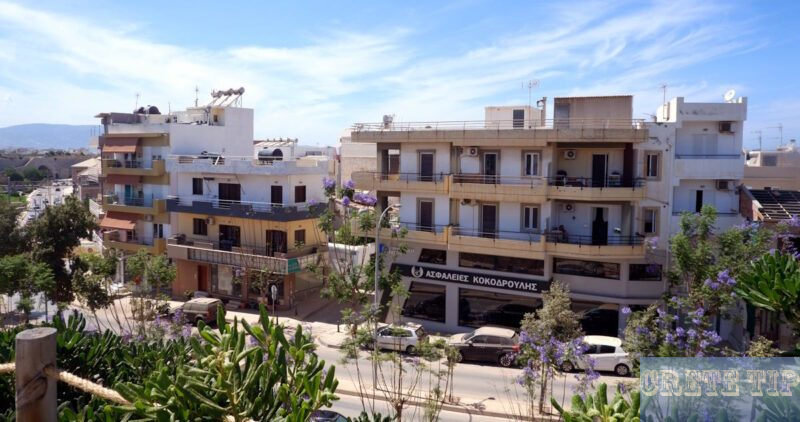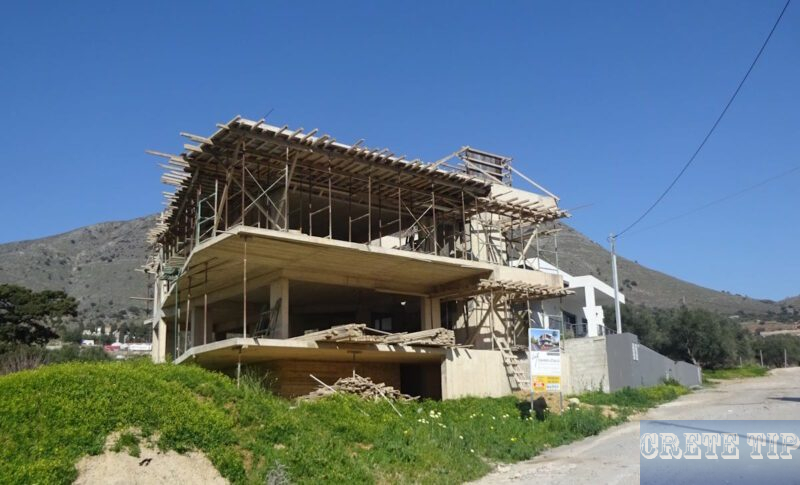High rents in Crete: Over €9/m² in Heraklion, Chania and Rethymno.

Rental prices across Crete are still pretty high, with averages topping nine euros per square metre in places like Heraklion, Chania, and Rethymno.
This is mostly down to strong demand for housing, shaped by the local market and the wider economy.
These elevated rents aren’t just tough on tenants; property owners are feeling it too.
Plenty of landlords are left wondering if renting out their place even makes sense right now.
The whole situation just adds to the challenges in the rental market, especially around availability and affordability in Crete’s main cities.
Recent Data on Rental Prices
Rental prices across Greece just keep climbing every year.
Athens and Thessaloniki, in particular, have seen some of the steepest jumps.
This steady rise is squeezing family budgets even more than before.
Honestly, it’s getting harder for a lot of people to find affordable rental homes.
Even older or smaller apartments aren’t immune—rents are up for those, too.
For many, prices now feel out of reach.
Low housing availability and big demand just keep pushing things higher.
It’s not exactly a renter’s paradise at the moment.
Annual rent increases in Crete range between 3.1% and 8.6%. In the Lasithi district, prices are lower at around €7.78 per square metre, as are rent increases at 2.4%.
Region |
Average rent €/m² |
Rent increase in % |
|---|---|---|
Iraklio (Iraklion) |
9.09 |
6.1 |
Rethymno |
10.00 |
3.1 |
Chania |
9.50 |
8.6 |
Lasithi |
7.78 |
2.4 |
Costliest and Most Affordable Neighbourhoods in Athens and Thessaloniki
Within Athens and Thessaloniki, rental prices can swing a lot by neighbourhood.
Some areas are just expensive, no way around it.
Others are still pretty reasonable, so there’s a real range depending on where you look.
City |
Expensive Areas (€/sqm) |
Affordable Areas (€/sqm) |
|---|---|---|
Athens |
Central districts, coastal suburbs (~9-11 €/sqm) |
Outskirts and northern suburbs (~5-7 €/sqm) |
Thessaloniki |
City centre, seaside zones (~8-10 €/sqm) |
Peripheral districts (~4-6 €/sqm) |
These price gaps mostly come down to demand, nearby amenities, and what the housing stock is like.
If you want to live near job centers, transit, or the sea, you’ll pay for it.
Go further out, and rents drop, but you might give up on convenience or infrastructure.
It’s a balancing act—finding that sweet spot between cost and comfort isn’t easy.
Housing Market Under Strain – Property Prices Soar

The housing market in 2025 is under heavy pressure. Property prices have been climbing for the eighth year straight.
Even though there are government programmes offering easier mortgage loans, actually getting a place is still tough for a lot of people. The dream of home ownership feels like it’s slipping further away for many.
Sure, these support schemes have boosted demand. But the number of available homes just hasn’t kept up.
It’s that classic mismatch—too many people chasing too few properties. No wonder prices are shooting up, making it harder for first-time buyers to get a foot in the door.
Key details about current housing loans and demand:
Detail |
|
|---|---|
Number of mortgage loans issued |
Over 7,000 |
Total loan value |
Approx. €857 million |
Average loan amount |
Around €120,000 |
Percentage of European funds used |
Nearly 45% |
Income distribution of borrowers |
57% earn up to €24,000 annually; 30% earn above |
Age range of borrowers |
23% are between 40 and 45 years old |
Average property value |
About €150,000 |
Loans of higher value (€150k – €190k) |
Around 28% |
Regions with most loans issued |
Attica (2,672), Central Macedonia (1,696), Eastern Macedonia & Thrace (544), Thessaly (505) |
Apartment prices jumped 6.8% in the first quarter of 2025. Newly built places are up 8%, while older apartments still managed a 6% bump.
It’s not the same everywhere, though. Some regions are feeling it more than others.
- Athens: +5.5%
- Thessaloniki: +10%
- Other major cities: +7.3%
- Remaining areas: +8%



